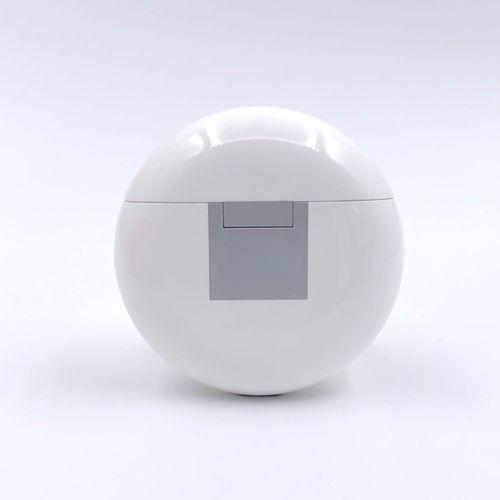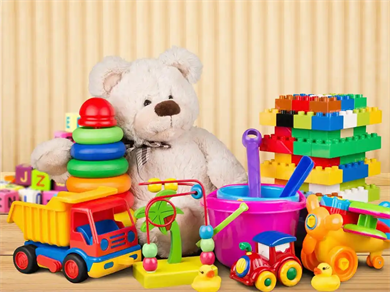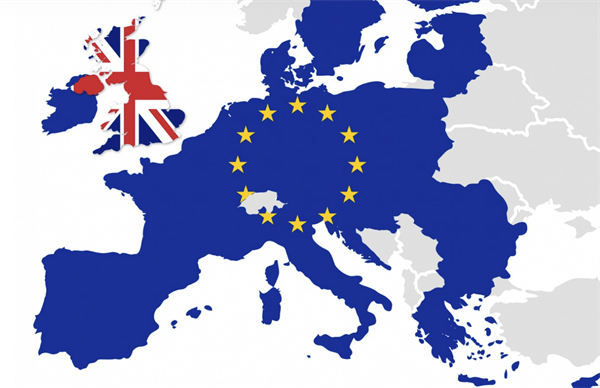Civil mask standard "GBT 32610-2016" and labor protection mask standard "GB2626-2006"
1. "GBT 32610-2016" national standard divides the mask into four levels
There is no standard for "standardizing" or improving the implementation of the civil protective mask market. According to the standard, the mask protection level is divided into four levels from low to high: D, C, B, A, respectively corresponding to different air quality conditions.
For example, category A corresponds to "severe pollution" and is used when the PM2.5 concentration is 500 μg/m3; category D corresponds to "moderate and low pollution" with a PM2.5 concentration of less than 150 μg/m3.
"Specification" has strict requirements on packaging, labeling, storage and transportation, and the requirements include "product protection effectiveness" and "executive standard number" and other signs.
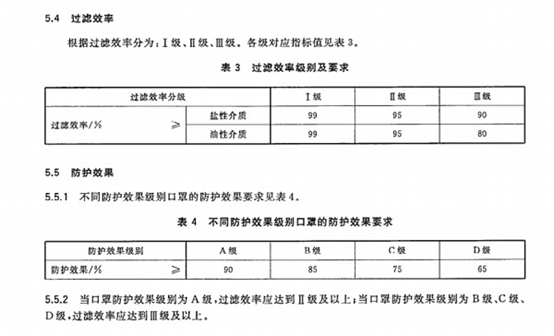
2. GB2626-2006 divides the mask into three grades of 90 (KN90, KP90), 95 (KN95, KP95), 100 (KN100, KP100) according to the leakage rate of the mask and the filtering efficiency of the mask itself. This standard is closer to international standards, such as European Union standard EN 149, American NIOSH certified mask, Australian AS 1716, and Japanese JS-T-8151.

EU requirements for masks
Products sold in the EU market must obtain CE certification. From 2019, the new regulations (EU) 2016/425 will be enforced. All masks exported to the EU must obtain CE certification under the requirements of the new regulations. The European Union has the following standards for common respiratory products:
BS EN 149: 2001 Filtering Half Masks to protect against particles
BS EN 136: 1998 Full Face Masks-Class 1, 2, or 3 Full Face Masks-Class 1, 2 or 3.
BS EN 140: 1999 Half/ Quarter Masks Half/ Quarter Masks
BS EN 14387: 2006 Gas Filters & Combined Filters
BS EN 143: 2000 Particle Filters
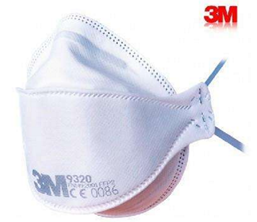
U.S. requirements for masks
According to Department
Of Health and Human Services (HHS, US Department of Health and Human Services) regulations "42 CFR Part 84", NIOSH classifies its certified anti-particulate masks into 9 categories. The specific certification is provided by NPPTL under NIOSH
(National Personal Protective Technology Laboratory) laboratory operations.
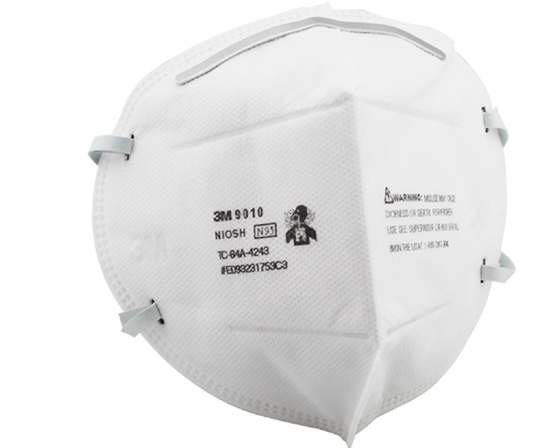
According to the filtering characteristics of the middle filter of the mask, there are three types:
100 grade: indicates that the minimum filtration efficiency is 99.97%.
99 grade: indicates that the minimum filtration efficiency is 99%.
95 grade: indicates that the minimum filtration efficiency is 95%.
According to the minimum filtration efficiency of the filter material, the mask can be divided into the following three levels:
N series: N stands for Not resistant to oil and can be used to protect non-oily suspended particles.
P series: P stands for oil Proof and can be used to protect non-oily and oily suspended particles.
R series: R stands for Resistant to oil and can be used to protect non-oily and oily suspended particles.
N95 mask is one of 9 anti-particulate masks certified by NIOSH (National Institute of Occupational Safety and Health). "N" means particles that are not suitable for oiliness (oil fumes produced by cooking are oily particles, and the droplets generated by people talking or coughing are not oily); "95" refers to the filtration efficiency under the test conditions specified in the NIOSH standard Reached 95%. N95 is not a specific product name. As long as it conforms to the N95 standard and has passed the NIOSH review, the product can be called "N95 mask".
Australian requirements for masks
AS/NZS
1716: 2012 is the standard for respiratory protection devices in Australia and New Zealand. The manufacturing process and testing must comply with this specification. The standard specifies the procedures and materials that must be used in the manufacturing process of anti-particle masks, as well as the determined tests and performance results to ensure their safe use.
When the safety of life depends on PPE products, Benchmark certification will provide you with real peace of mind. As a testing and certification body, we believe that we can certify and test our laboratory products according to industry recognized standards. From protective goggles to complex breathing equipment and firefighting equipment, we help manufacturers prove that safety is essential, and products have been proven to meet agreed high standards.
ZRLK Testing Technology Co., Ltd. provides customers with CE certifications such as personal protective masks, N95 masks, FDA certifications, domestic quality inspection reports, and professional engineers to answer online for you. If you have any questions or are unclear, please contact our company , Enterprises in need can directly contact ZRLK to consult related businesses.
Consultation hotline: 400-880-1556


